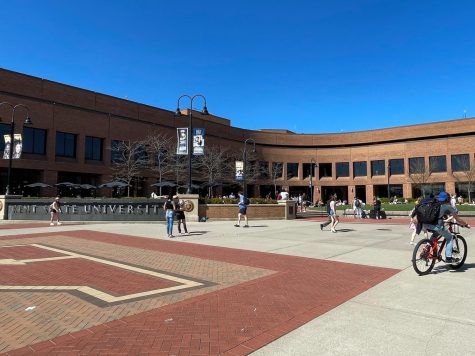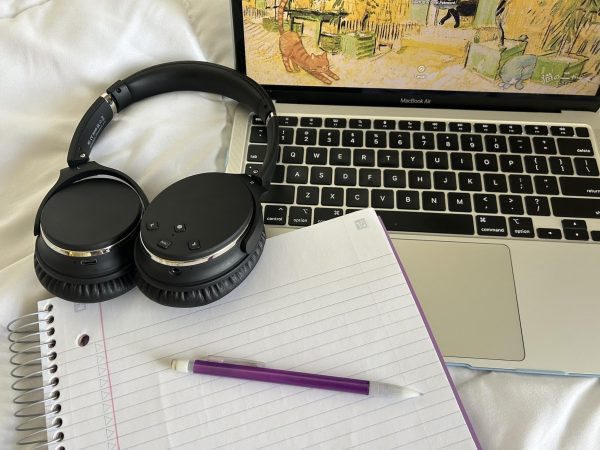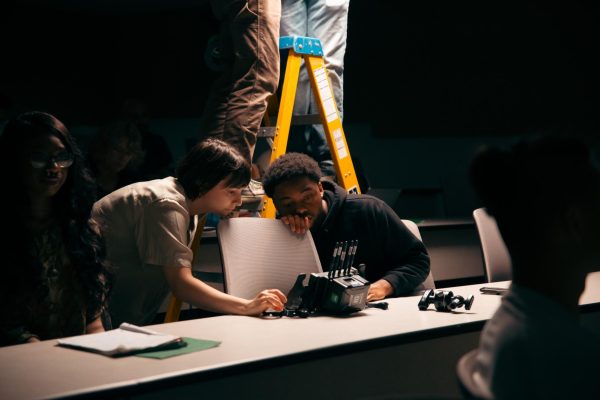Sexual assault climbs on college campuses
April 12, 2006
Sexual assault on colleges and universities across the country has been receiving more attention lately. Recent studies reveal college women are at a higher risk for sexual assault than their peers who are not attending school.
Every two minutes, somewhere in America someone is sexually assaulted, according to the Rape Abuse & Incest National Network. A study released by the National Institute of Justice estimated that more than 350 rapes may occur in an academic nine-month period on a campus with at least 10,000 female students.
In Fall 2005, 14,566 female students attended Kent State. If the projected figures hold true, nearly 436 women may have been raped. Kent State Police crime statistics indicate two sexual assaults occurred in 2004 when 14,947 women attended the university.
Hilda Pettit, coordinator for the Women’s Resource Center, said sexual assault is a physically, emotionally and spiritually traumatic experience, an intimate violation of the worst kind. She said the center prefers to call sexually assaulted women survivors, not victims.
“Our job is to help find out what’s wrong, to sit down with them, find out what happened, figure out what they need and get professional help,” Pettit said. “We work very hard to try to keep students safe. We’re always here if students need us.”
Other findings from the NIJ research indicate between 80 and 90 percent of sexual assaults occur between a victim and assailant who have been friends or know each other. This is one reason why many women do not define their experience as a rape.
In fact, the NIJ found sexual assault to be the most underreported violent crime in America. Though most schools comply with requirements to report crime data, the study shows only about one-third do so in a way fully consistent with federal laws.
Kent State’s Digest of Rules and Regulations defines sexual assault as a person being forced or coerced physically, verbally or by deception into any type of sexual conduct or contact with another person whether the assailant is a friend, acquaintance or stranger.
Scott Dotterer, coordinator of the Office of Health Promotion, helped organize a program to focus awareness on helping the survivors of sexual assault. The 1 in 4 program, a Kent State chapter for the National Organization of Men’s Outreach for Rape Education, or NO MORE, represents the number of college females sexually assaulted since age 14.
“We are recruiting right now to get guys together who want to help out,” Dotterer said.
Allison Bruce, a graduate assistant in the Office of Health Promotion who also advises the program, said one of the key points of the presentation shows that men are not pigeon-holed into the stereotype that all males are rapists.
“A lot of people don’t realize if you engage in a sexual act under the influence legally it can be considered rape,” Bruce said. “We dispel a lot of myths about rape. One myth is that women falsely report rape. That’s absolutely not true.
“I can’t tell you a single one of my female friends, and there’s a lot, who hasn’t been sexually assaulted in some way, shape or form,” she said.
Contact safety reporter Michael Lewis at [email protected].























